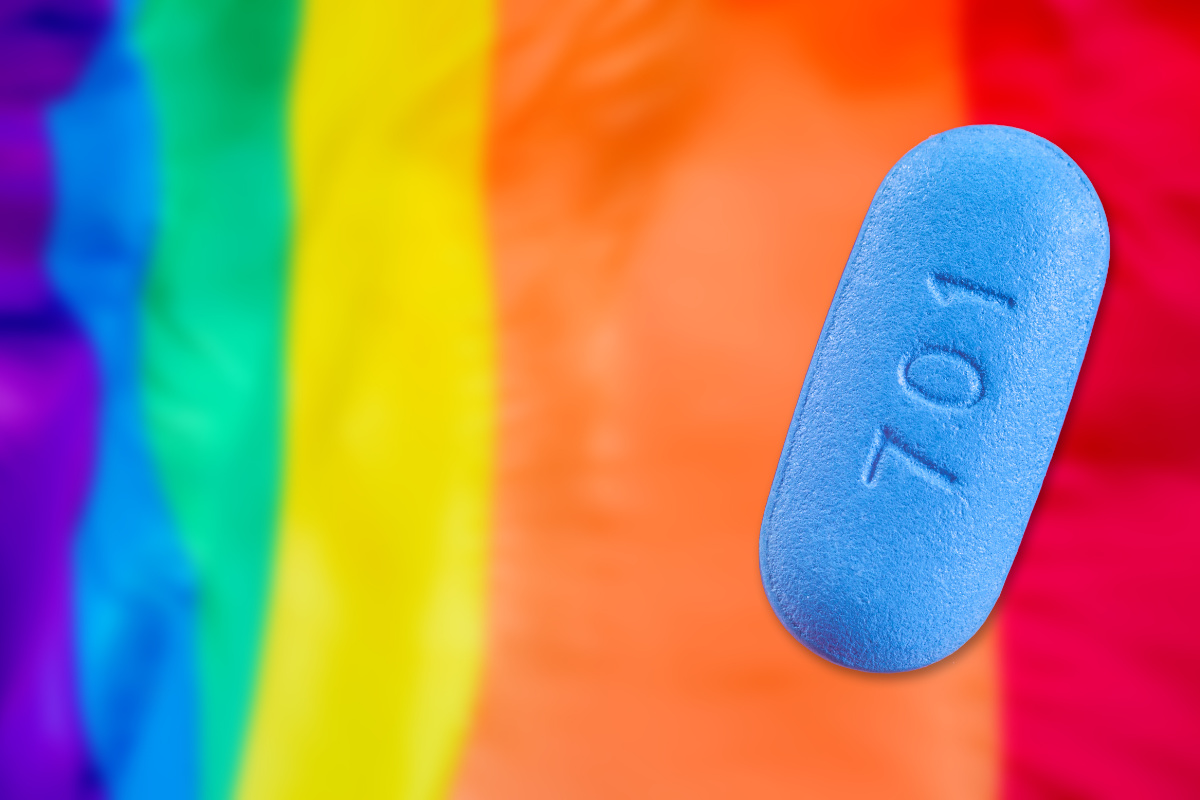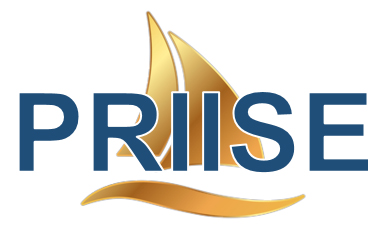
Pre-exposure prophylaxis (PrEP) is highly effective for HIV prevention. However, use remains low for Black gay and bisexual men (GBM). We know that issues such as medication costs, side effect concerns, stigma, patient-clinician communication, and low perceived risks are barriers. There is also increasing attention on providing equitable access. However, disparities in uptake among those who have access exist at the clinic level. For example, clinicians are less likely to discuss PrEP and prescribe it to Black GBM than white GBM. Even if they discuss PrEP, Black GBM are reluctant to accept a clinician’s PrEP recommendation. My research also shows that Black GBM don’t trust clinicians because they believe that clinicians don’t care about them and only see them as “risky.” To demonstrate care and build trust, Black GBM want clinicians (and researchers) to use PrEP before they encourage patients to use it.
The notion of clinicians using a treatment that they encourage patients to use is interesting and raises professional, social, and ethical questions that uniquely emerge from HIV prevention. Since PrEP is used to prevent disease, technically there’s no reason why an HIV-negative clinician couldn’t or shouldn’t use it. For other chronic conditions such as cancer, diabetes, or hypertension, it may be an unfair request to ask a clinician to take medicines for diseases they do not have. Although studies do show how those patients might ask clinicians which treatment they would recommend if they did have the disease, we may need to address the request of minority patients for culturally responsive health communication.
I have talked to well-intentioned clinicians who view PrEP like any other medication and either prescribe it upon patient request or encourage them to use it. However, some who are not Black or gay simply feel that PrEP is “just for them” and would not use it themselves. This kind of attitude could exacerbate the tenuous relationship between clinicians and Black GBM because it privileges the social status and demographic characteristics of clinicians who may not feel vulnerable to epidemiology of HIV, which compliments community concerns regarding clinicians and care attitudes.
I used PrEP to build trust, save myself, and work directly with participants in an intervention as a theoretically guided peer change agent 2019–2022. I wrote an article about the experience in a recently published autoethnography. In the paper, I described how PrEP care and daily adherence reinforced an awareness of the salient multilevel challenges of Black GBM that triggered feelings of isolation, shame, stigma, internalized homonegativity, resentment, and treatment refusal. Few aspects of the PrEP care process supported my willingness, initiation, and adherence. I needed to rely upon my identity as a health professor to help reduce inequitable feelings of shame, stigma, distress, and costliness as a PrEP-using PCA. I think clinicians should take PrEP to see how these factors may affect them to better understand the barriers and help patients decided if it’s really right for them.
Clinicians (and everyone else who is HIV-negative for that matter) should take PrEP to build a culture of sexual health equity. PrEP-using clinicians could reduce stigma by normalizing sexual health maintenance and sharing experiences regarding side effects, navigating relationships, and adherence questions. Clinicians who disclose their PrEP use could create an equitable clinical and social atmosphere that removes barriers of race, gender, and sexual orientation and reduces medical mistrust. Using PrEP could be one thing that clinicians who are not Black and/or gay could do to remove cultural barriers, build trust, and demonstrate care (including self-care). In the absence of taking PrEP, clinical care teams need be a source of emotional and psychological support during and in-between visits because the experience can be very stigmatizing, triggering, and emotionally inequitable given that you don’t actually have disease.
Learn more about my personal/professional PrEP journey at: www.mdpi.com/1660-4601/20/7/5309
